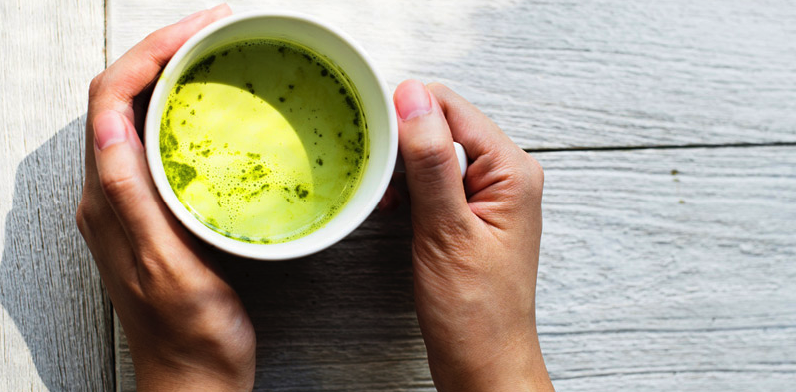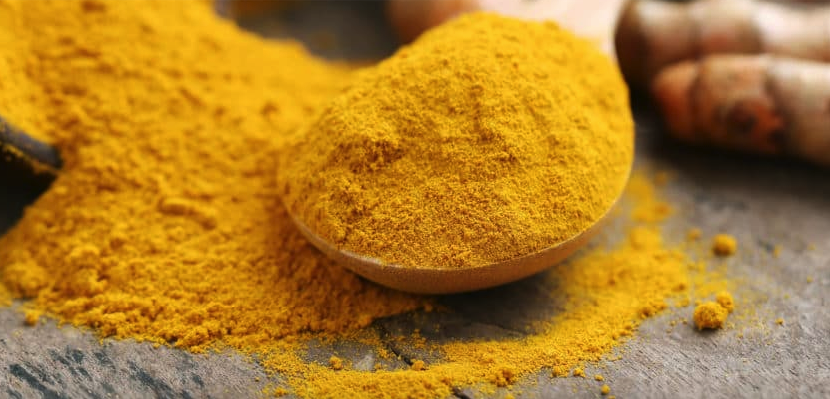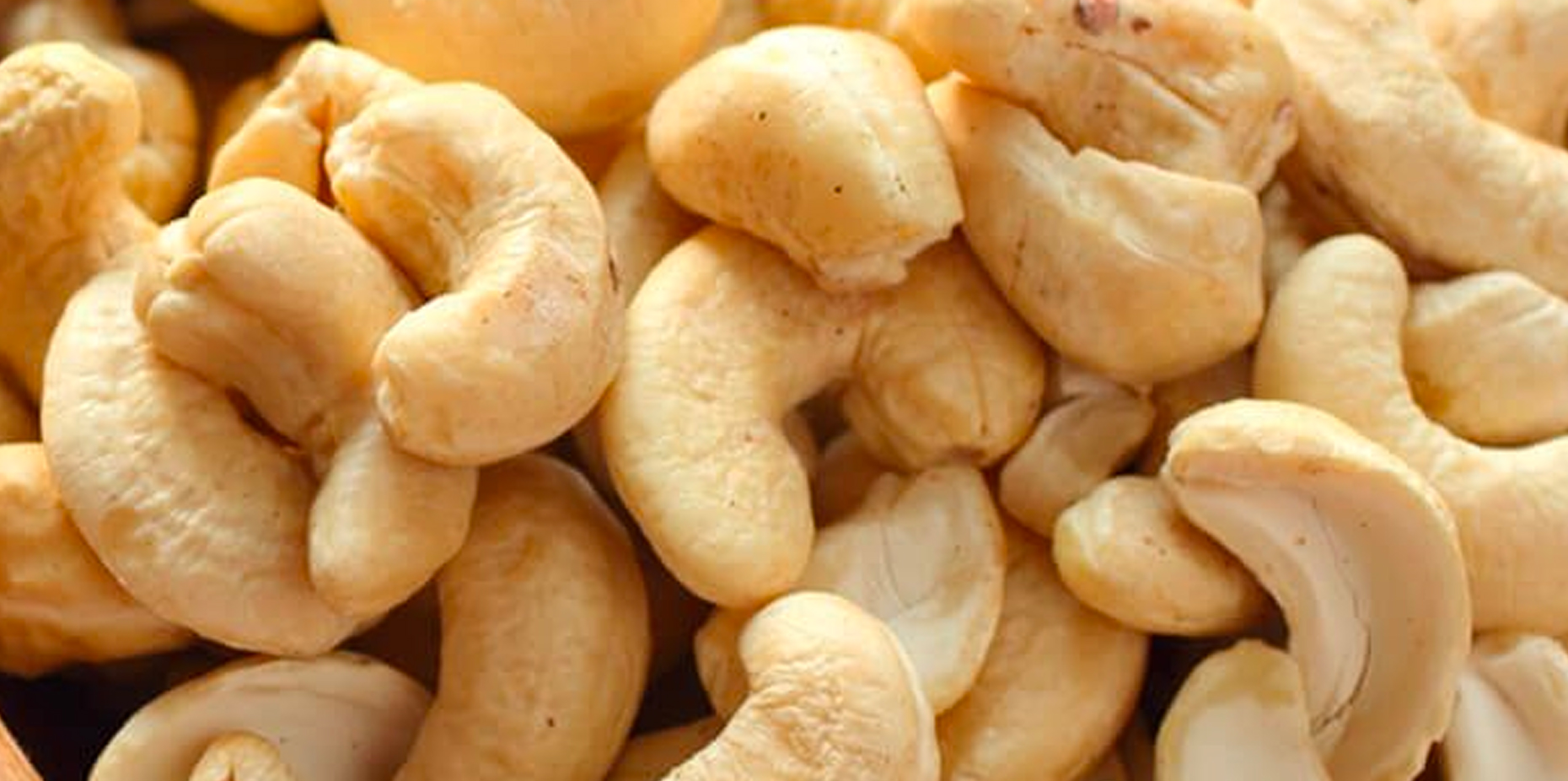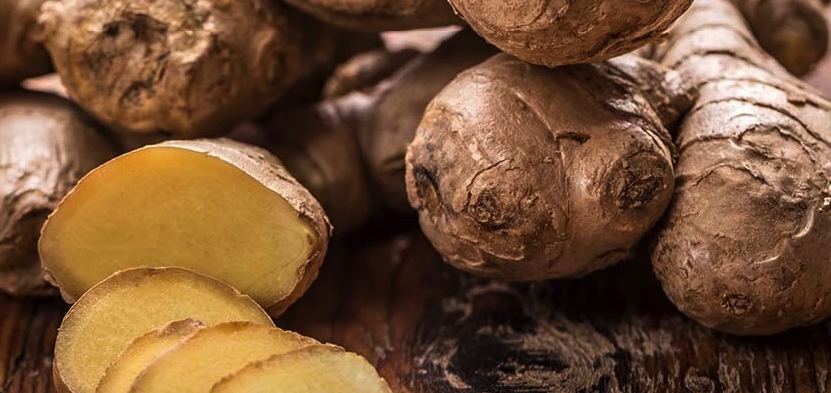Coffee is a favorite beverage across the globe, but it is also a controversial beverage choice in the health and wellness world. While some swear by its many health benefits, others will often say it is one of the worst drinks you can have for your health. So, what is the answer?
Everyone’s body uniquely tolerates coffee and caffeine, like many foods, especially trigger foods. But coffee has several unique ways to show your body if it is right for you. Between the jitters, digestive concerns, and much more, there are many factors to consider if coffee is right for your health.
Coffee can have many potential health benefits for the body overall, but what if you know your body does not handle coffee well? There may be other health issues to focus on before you can think about coffee every morning. Someone who has acid reflux or GERD may not be able to drink coffee regularly or even at all since it is a common trigger. That is just one example in a sea of many.
Many cultures around the world give coffee to their children at a young age, where they even develop a tolerance. That means it can become possible to drink a fully caffeinated cup of joe right before bed and sleep like a baby. Meanwhile, others have trouble with sleep with little coffee consumption in the morning or afternoon.
It is crucial to learn what works for your body before choosing something solely because it has measurable health benefits. You know what works for your body when you start to recognize how certain foods affect you a few hours after consumption.
If you benefit from coffee consumption, you may wonder if you are drinking far too much. Read on below to find out the sweet spot with coffee, hydration techniques, and much more.
Is it time to start adding coffee to your daily routine? Perhaps it is better to have it a few times a week or even once a week. The answer lies in your health risks, side effects, and more.
Table of Contents
- Health Benefits of Coffee
- 1. It Can Give You an Energy Boost
- 2. It Can Reduce the Risk of Gout
- 3. It Can Reduce the Risk of Cirrhosis (Improve Liver Health)
- 4. It Can Reduce Free Radical Buildup
- 5. It May Lower the Risk of Alzheimer’s Disease
- 6. It May Make You Smarter
- 7. It Can Improve Your Mood
- 8. It Can Help You Lose Weight
- 9. It May Lower the Risk of Stroke
- 10. It Can Protect Against Type 2 Diabetes
- How Much Coffee is too much?
- Health Risks and Side Effects of Coffee Consumption
- Conclusion
Health Benefits of Coffee
Check out the information below to see the health benefits of coffee, along with the potential risks. Plus, find out if you are drinking too much coffee now.
1. It Can Give You an Energy Boost
The most common benefit of coffee is energy. Many people depend on their morning coffee or two to power throughout their entire day. Coffee is naturally high in caffeine, giving you body a heaping boost of energy with each cup. Coffee is a stimulant, so it helps to accelerate the nervous system. For some, it can be too much and lead to potential side effects.
However, it can be helpful to think about if coffee is the only thing that gets you through the day. It may be time to add more nutrient-dense foods into your diet to see if that can help as well.
Adding more nutritious foods along with your cup of coffee can even help you avoid a second or third cup most days. If you depend on coffee to get through the day, make sure you are not sacrificing any other area of your health.
2. It Can Reduce the Risk of Gout
Gout is a type of arthritis that affects the joints with pain, swelling, stiffness, and redness. It often isolates around the big toe and is because of too much uric acid in the body.
Many people suffer from gout, and coffee may help prevent the risk of this common disease (1).
That is because coffee may help to lower uric acid levels. If you suffer from gout and can tolerate coffee, it may be an easy addition to experience fewer flareups.
3. It Can Reduce the Risk of Cirrhosis (Improve Liver Health)
Coffee can even provide health benefits for the liver, preventing the risk of cirrhosis or liver disease.
However, not all coffee is capable of this. Only drip coffee shows to have a positive effect on reducing the risk of cirrhosis (2). That means instant coffee will not provide the same benefits.
It is essential to note that coffee is rarely the sole reason for any of these health benefits. Many factors contribute to overall healing and the prevention of disease.
4. It Can Reduce Free Radical Buildup
Free radicals build up in the body for various reasons. A poor diet, environment, chronic stress, and unhealthy habits cause more free radicals, for example.
Too many free radicals in the body can create oxidative stress and damage, negatively affecting neurons, and more. Coffee is high in antioxidants, and antioxidants are necessary to reduce free radicals.
Other caffeinated beverages and foods contain disease-fighting antioxidants as well, such as green and black tea, cocoa, and red wine. In one study in the National Institutes of Health, the total antioxidant content of coffee came up with the same levels as red wine, tea, and cocoa (3).
That does not mean you should have three glasses of wine per night, but it is helpful to know what beverages can provide a significant dose of heart-healthy antioxidants.
5. It May Lower the Risk of Alzheimer’s Disease
Coffee can have a significant effect on neurological disease prevention, such as Alzheimer’s disease and dementia, among many other factors.
Although more research is necessary, some studies show a link between coffee consumption and reduced risk of neurological diseases.
The study showed a link between caffeine consumption of women over 65 years old and a lower risk of Alzheimer’s (4). The women involved drank around two to three cups of coffee per day, and a 36 percent decline in dementia followed after ten years.
6. It May Make You Smarter
You read that right. This popular beverage can improve performance, memory, and even performance on tests. Coffee makes you more alert, and that affects focus and attention span.
Coffee moves straight to the brain after it absorbs into the bloodstream. One study shows that those who consumed coffee had improved performances on a cognition test compared to a group who did not (5).
While there are many factors in improving mental clarity, performance, memory, and alertness, it turns out coffee can come in handy sometimes.
7. It Can Improve Your Mood
Drinking coffee can also help boost your mood, warding off symptoms of depression and anxiety.
When you drink a cup of coffee, your body immediately absorbs it into the bloodstream, and then it moves to your brain.
That can result in improved cognition, mood, and less anxiousness.
8. It Can Help You Lose Weight
Coffee is a stimulant that increases energy levels in the body. That can help your body burn more fat.
Coffee stimulates “brown fat” in the body, which helps to generate heat and burn calories (6). The problem with coffee and weight typically only comes up when you factor in milk and sugar.
Plain black coffee itself can be a potent fat burning tool, even if you only consume a cup a day.
9. It May Lower the Risk of Stroke
Coffee and heart health have a complicated connection. Some studies prove it can help reduce the risk of stroke.
However, one of these studies examines the effect of increased coffee and green tea consumption. The combination of these two beverages shows a lower risk of stroke and cardiovascular disease (7).
Other studies with coffee alone can point to coffee as cardiovascular risk, but everyone differs in how they react to stimulants.
10. It Can Protect Against Type 2 Diabetes
Type 2 diabetes affects millions around the globe and is rising annually. Observational studies show that there may be a connection between coffee consumption and a lower risk of type 2 diabetes (8). However, more research is necessary to use coffee as an effective intervention.
Keep in mind that coffee is not the sole answer to prevent type 2 diabetes. You must keep a healthy weight, eat well, and exercise to ward off this common disease, too.
Along with a healthy diet and lifestyle, see if coffee is right for you to help prevent type 2 diabetes.
How Much Coffee is too much?
Some people can tolerate one cup of coffee in the morning at the most, while some can drink three or more throughout the day without negatively affecting them. So, how much is too much?
According to the FDA, it depends. It varies on how many medications you take, your body weight, and if you experience side effects from coffee.
Typically, more than three to four cups of coffee per day can bring dangerous side effects. The trick is in the balance.
You can easily reap the many health benefits of coffee, just be cautious about how much you consume, your sensitivity to caffeine, and your pre-existing conditions or medications.
Health Risks and Side Effects of Coffee Consumption
Although coffee comes with a long list of potential health benefits, there can be some health risks, too.
Many studies show coffee consumption may have a link between cardiovascular disease (9). But other studies show it can have protective benefits for the heart (10). Coffee consumption is an extremely individualized decision.
Many factors go into coffee consumption and heart health, like exercise, diet, and regular habits.
Other potential health risks of coffee consumption include:
- Certain types of cancer including bladder, pancreatic, and esophageal
- Cause-specific mortality (11)
Common side effects of coffee include:
- The jitters
- Nausea
- Digestive distress
- Insomnia
- Heartburn
- Headache and nervousness (typically from withdrawal)
- Fast heart rate
Do you experience any of these regularly? Coffee is not always right for everyone. If you want to cut back on coffee, do so slowly, as coffee is an addictive stimulant. Otherwise, you can experience unpleasant withdrawal side effects.
Many other beverages taste like coffee without caffeine or with less caffeine that may be a better choice for you.
Conclusion
Coffee lovers can rejoice in the fact that this popular beverage can come with many potential health benefits. But it is critical to remember that overdoing your coffee consumption is not the answer.
Too much coffee can cause harmful side effects and risks over time. Keep your coffee in moderation to how much your body can tolerate.
If you notice you experience many common side effects often, maybe switch to tea some days to see if that helps. There are many coffee-flavored beverages that are caffeine-free for those who still want to enjoy the taste.
Always do what is right for your body and monitor how certain foods and beverages react with your nervous system function.












